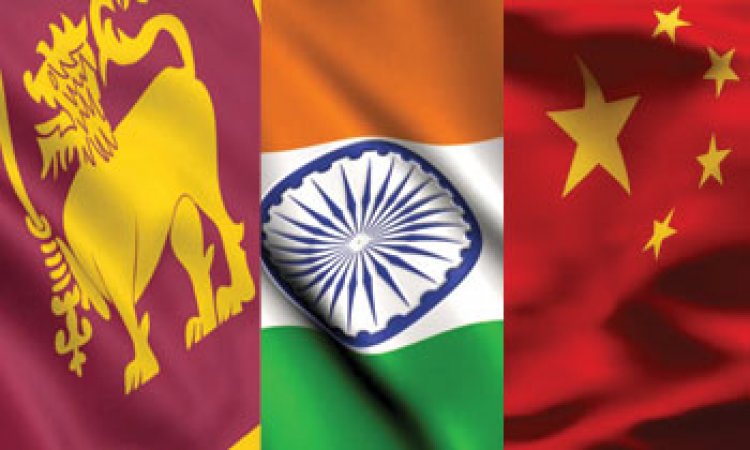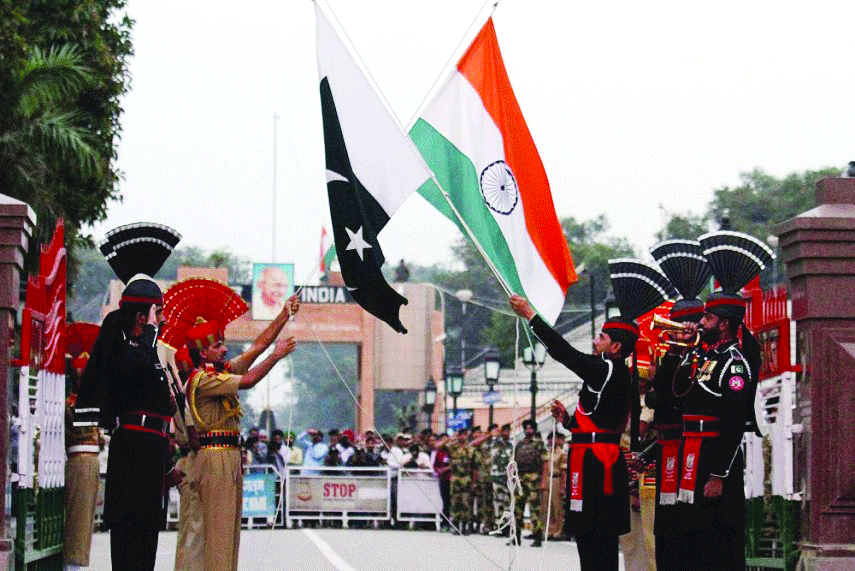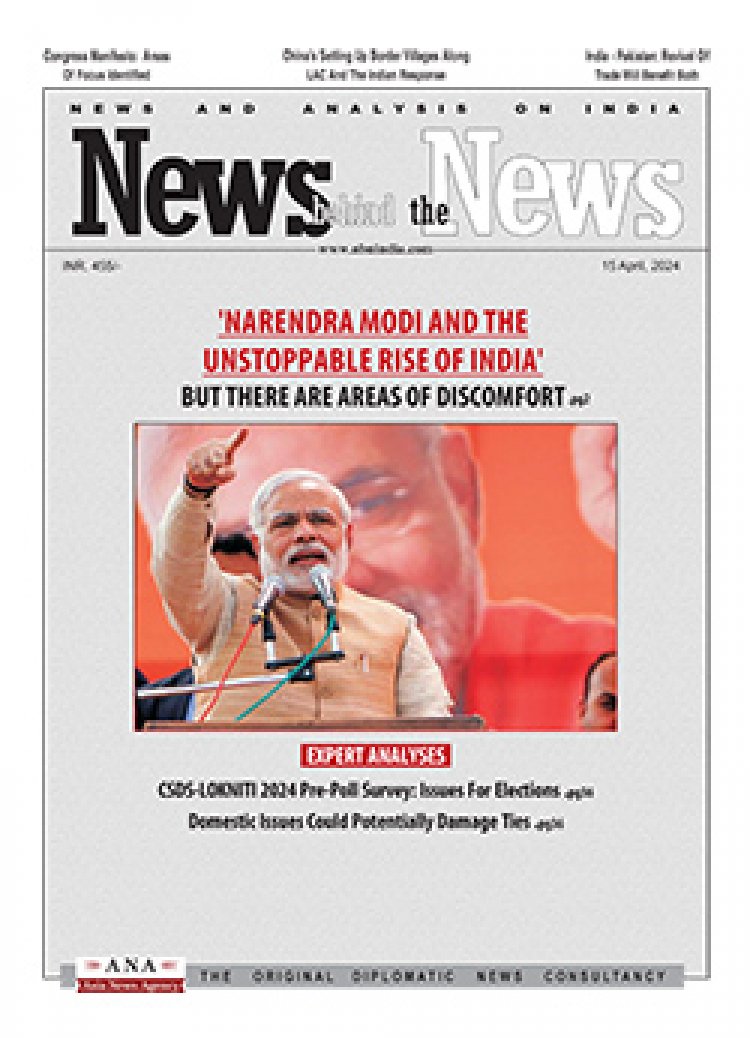India - Sri Lanka: China, India Compete for Influence
STORIES, ANALYSES, EXPERT VIEWS

China’s Foreign Minister Wang Yi is scheduled to visit Sri Lanka between January 7 and 9. The visit will take place against the backdrop of a spat between the two countries over a contaminated consignment of organic fertiliser that has resulted in unexpected tensions between both countries.
After Colombo cancelled an order for the import of 99,000 tons of the fertiliser, Beijing blacklisted the Sri Lankan state-run People’s Bank and accused it of a “vicious” default on the letter of credit payment.
Wang Yi may offer the Rajapaksa concessions to Sri Lanka to retrieve lost goodwill.
Apart from loans and Foreign Currency Term Financing agreements with China during the year, Sri Lanka signed the three-year “standby” swap agreement with Beijing in March 2021. The Central Bank Governor said earlier this month that the government may draw on this to pay for imports from China.
Sri Lanka’s economic crisis
The visit, writes Nirupama Subramanian (currently Editor, The Indian Express, Chandigarh; earlier Senior Associate Editor at The Hindu) “also comes in the midst of a serious economic crisis.
India may offer in return financial assistance to help Sri Lanka tide over its present crisis. “We have said that both matters should progress in parallel, and progress in one should reinforce the progress in the other towards strengthening economic ties,” said an official source.
Sri Lanka’s foreign exchange reserves sank to $1.6 billion at the end of November. The shortage has led to a drop in food imports, pushing up prices of essentials in the country. An IMF bailout is the last option that Sri Lanka does not wish to take.
Earlier this month, international ratings agency Fitch downgraded Sri Lanka from CC to CCC, warning that the country was likely to default on two international sovereign bonds, one coming up in January 2022 for $500 million, and another due in July for $1 billion.
India’s interest in the Trincomalee oil tank farm
Colombo has appealed to India for financial help. Sri Lankan Finance Minister Basil Rajapaksa, who visited Delhi in November, was offered a “four-pronged package” – a line of credit for fuel imports only from India; early finalisation of the joint India-Sri Lank development plan for the Trincomalee oil tank farm; an offer of a currency swap to help Lanka pay its foreign debt and facilitation of Indian investments in different sectors.
For Delhi the joint development of the Trincomalee oil tank farm is important. India’s interest in the oil tank farm, recalls Subramanian, dates back to the signing of the 1987 India-Sri Lanka Accord, which stated in the annexure that the work of refurbishing the tank farm located in the north-eastern province of Trincomalee would be undertaken jointly by the two countries. After laying dormant for years, in 2017, the two sides agreed to operationalise the long-standing agreement, but opposition from trade unions of the Ceylon Petroleum Corporation held up any progress in the matter.

















